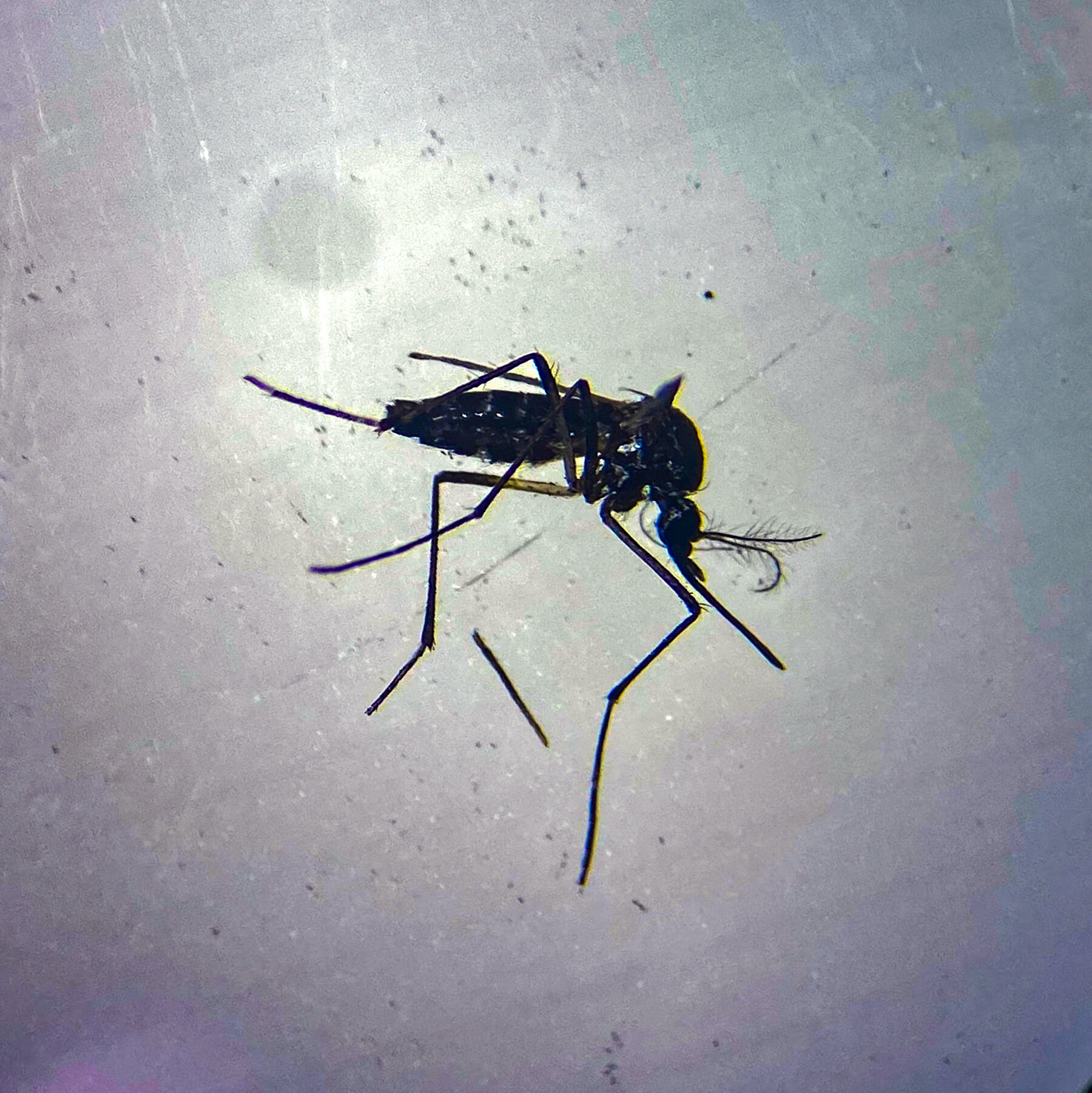Russian Disinformation Campaign Expands Into Mexico, Aiming to Undermine U.S. Relations
U.S. diplomatic cables reveal a coordinated effort by Kremlin‑aligned media to sow anti‑American sentiment across Latin America
According to a recently declassified U.S. government cable, outlets under the influence of the Kremlin have intensified their propaganda operations throughout Latin America, with Mexico emerging as a new focal point. The objective, as outlined by U.S. officials, is to erode public trust in the United States and cultivate a more favorable view of Russia among regional audiences.
The cable, part of routine diplomatic reporting, notes that Russian‑linked news sites, social‑media accounts, and covert influencers are distributing a steady stream of stories that portray the United States as a destabilizing force in the hemisphere. Themes include alleged U.S. interference in Mexican politics, criticism of American trade policies, and exaggerated claims of U.S. support for drug cartels.
Analysts say the strategy mirrors tactics previously observed in Eastern Europe and the Middle East, where disinformation is used to exploit existing social divisions and amplify grievances. In Mexico, the campaign is reportedly targeting younger, digitally active users through platforms such as TikTok, Instagram, and WhatsApp, leveraging memes, fabricated interviews, and manipulated footage.
Mexican authorities have begun to notice the surge in suspicious content. The Federal Institute for Access to Information and Data Protection (IFAI) has warned that some of the material being circulated is deliberately false and may be part of a broader effort to destabilize bilateral cooperation on security, trade, and migration.
U.S. officials emphasize that countering this wave of misinformation will require coordinated action between governments, civil society, and the private sector. They recommend increased media literacy programs, rapid fact‑checking services, and transparent communication from diplomatic missions to dispel myths before they take root.
As the digital battlefield expands, the United States and Mexico are urged to reinforce their partnership and present a united front against attempts to fracture their long‑standing ties.






